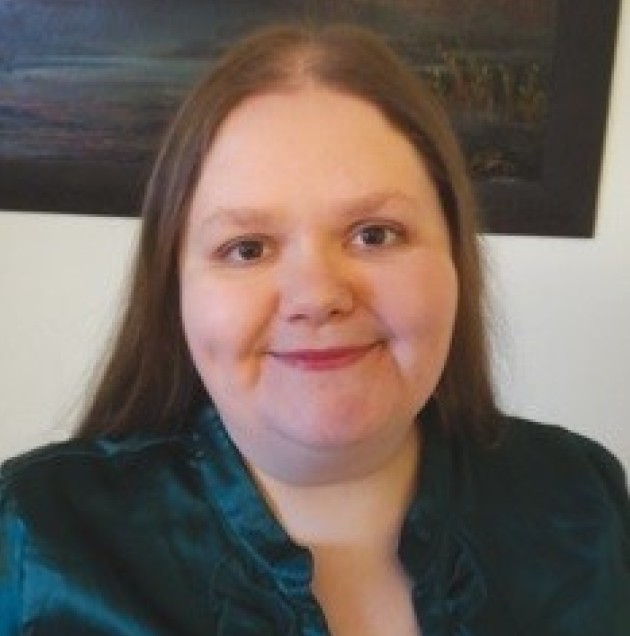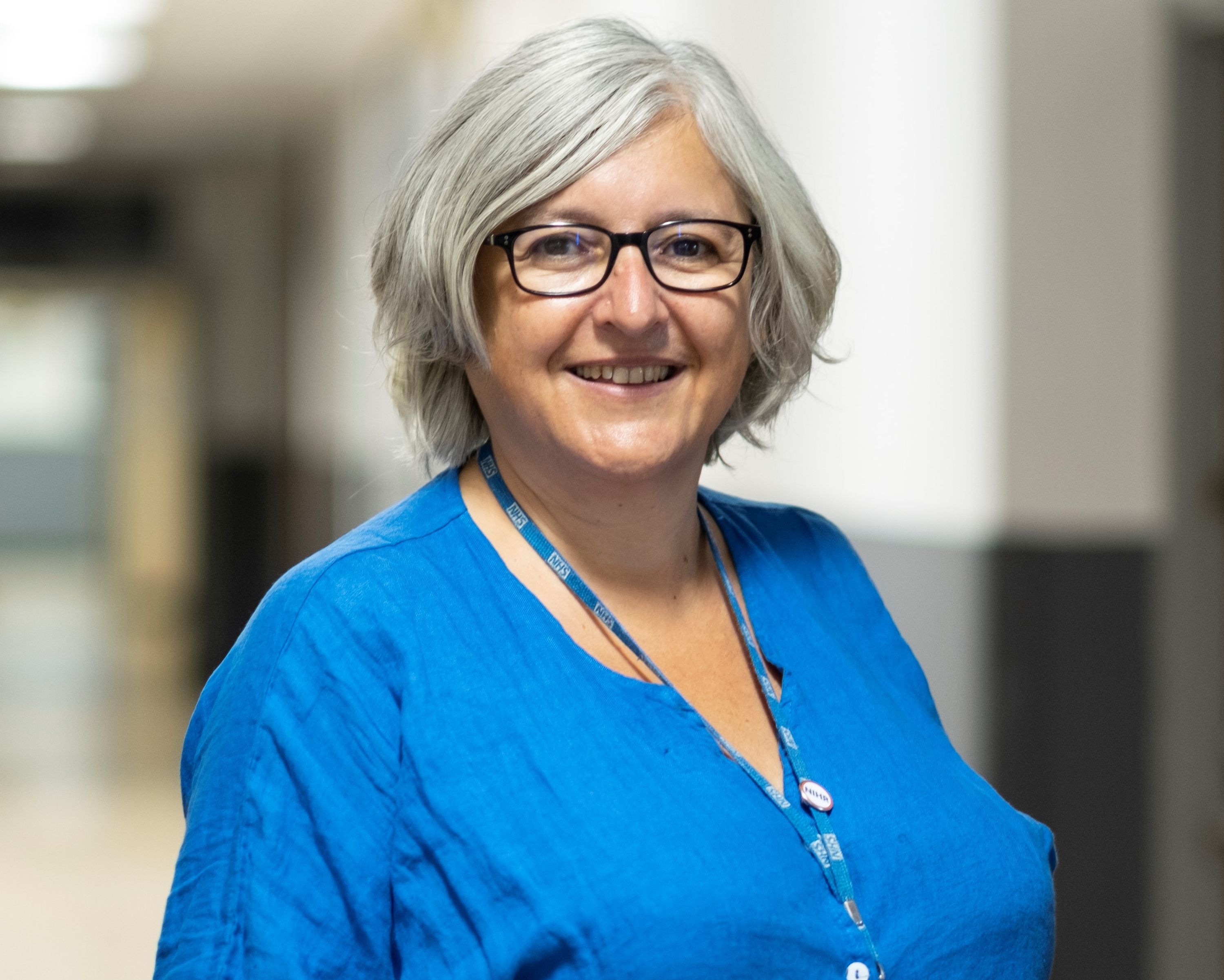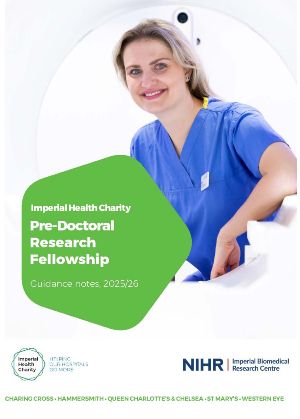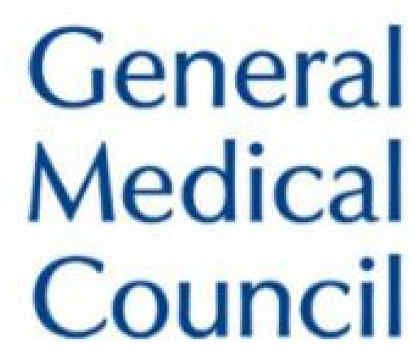 RESEARCH: SMALL AIRWAY DISEASE IN CHILDREN
RESEARCH: SMALL AIRWAY DISEASE IN CHILDREN
How did you get into research?
In 2008, I made a clinical observation that some of our lung function tests were giving surprising results in children with a rare lung disease, primary ciliary dyskinesia. I started to explore the possible reasons for this, and it soon became clear the problem was more complex than it first seemed, and proper research methods needed to be applied. With a lot of encouragement from Professor Bush, we developed this into a PhD question, and I started studying this with him as my supervisor in 2009.
What do you enjoy about research?
I enjoy the variety of research work – one day I can be testing a patient in clinic, the next I might be performing statistical analysis, and the day after might be spent reading papers. I also enjoy the constant opportunity for learning it presents, it’s very rare a week goes by when I don’t feel I’ve learnt something new.
What was the most difficult aspect of doing your PhD?
I did my PhD part-time whilst working, and 6 years after I left university having done no research in between. My department, line manager, colleagues and supervisors were all very supportive throughout, but there were a lot of days when it felt I’d taken on too much, it was taking too long and I’d never get it finished. When it was over I swore I was dying to get back to my clinical work and not even think about research for a long time. But by then I’d got the research bug, and in virtually no time at all I was back to knocking on Professors’ doors telling them I’d had an idea for my next piece of research!
What difference has your research training and experience made to your career?
I find research to be very professionally satisfying, it’s very nice to get to the end of a piece of work, get it published and really feel you’ve made a difference to not only your own patients, but those at other centres as a result of what you’ve done. With increasing concern about compassionate fatigue and burnout among clinical staff, getting my research out there is really rewarding and increases my confidence that I’m doing the best job I can for my patients. Research also is great for giving you transferable skills – learning to confidently present your data makes you better at teaching, learning to use statistics helps you put together business cases, critical appraisal skills help you write reviews and guidelines. I think we should all bear this in mind when our colleagues want to start doing research as well, in the long run it can only make you stronger as a team.
How has research changed your clinical practice?
I tend to say my best research ideas come from my clinical practice, and my experience in research guides my clinical decisions, the two are very closely connected. I would say being involved in research makes me more reflective, better able to spot areas where care could be improved, and more confident that I have the ability to make those changes.
What has made a difference to progressing your research career?
The support of my colleagues and my wider department has been absolutely invaluable, I literally couldn’t do what I do without their encouragement and input. I’m very proud to be part of a multidisciplinary team that can all support each other in these ways.
I also think persistence and resilience are very important in research. Papers will get rejected sometimes, and grant applications will fail sometimes. The ability to pick yourself up, dust yourself off, and keep going at something is really useful.
Where do you see your clinical academic career going over the next five years?
I’m already working on my next fellowship idea, and I have several smaller projects I’m currently working on to back that up, so I’d love to think those ideas will be formed, some will be completed, and some will be well on their way to be written up and presented! My next area to focus on is physiologist-led assessment. As our speciality becomes increasingly complex and more and more outcome measures and assessment tools are added to our portfolios, I think expert scientist-led reviews and reports will become more valuable to clinical teams than raw data, and I’m focussing on how we explore that question.
Dr Samantha Irving, Chief Paediatric respiratory research physiologist, Royal Brompton & Harefield Hospitals - s.irving@rbht.nhs.uk
To download Samantha's case study please click here: Samantha Irving - Case study (PDF)
Useful links
Contact us
The CATO Team and Radiographers Incubator work on a Hybrid model, combining days in the office with days working from home – the best way to reach us is by email.
cato@imperial.ac.uk
radresearch@imperial.ac.uk
+44 (0)20 3313 7397



